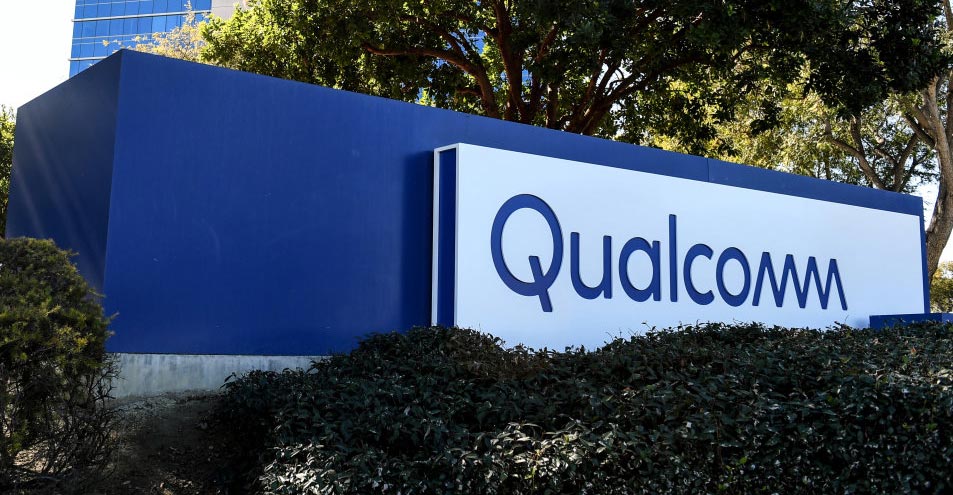Practically two dozen courting apps had been flagged by Mozilla’s Privateness Not Included researchers Tuesday as failing to fulfill privateness and safety requirements, sharing buyer information with third events, and excluding the fitting of a person to wipe their information from the app.
In keeping with Mozilla, monetary pressures are forcing the homeowners of the apps to vary management, experiment with new options and subscription fashions, combine AI, diversify revenue streams, gamify apps to make them extra addictive, and siphon off extra information from their customers, whereas too usually slacking on safety.
Eighty p.c of courting apps share or promote their clients’ information and received’t assure all customers the fitting to delete their information, the researchers famous.
Relationship apps tagged with Privateness Not Included cautions included Badoo, Black Individuals Meet, BLK, Bumble, Christian Mingle, Espresso Meets Bagel, Elite Singles, Fb Relationship, Grindr, Her, Hinge, Jdate, Lovoo, Match, Muzz, OkCupid, OurTime, Loads of Fish, Scruff, TanTan, Tinder and Zoosk.
Relationship Apps Rejected by Gen Z
“The issue is the courting apps say they should accumulate this private info that can assist you discover a really perfect match, however they use that info far past the scope of what would allow you to discover a associate,” mentioned Privateness Not Included researcher and author Zoë MacDonald.
“They share and promote that info to advertisers,” she advised TechNewsWorld. “And half of them don’t meet our minimal safety requirements. Meaning the info is susceptible to a breach, leak, or hack, placing it up for grabs for almost anyone.”
The Mozilla researchers keep that courting apps are in a monetary bind attributable to a drop in recognition. With millennials married off, Gen Z — youthful, poorer, extra tech-savvy, and fewer susceptible to informal intercourse — has grow to be disenchanted with the apps, which has harm the apps’ makers’ backside line. In keeping with the New York Instances, the 2 greatest gamers within the area — Match Group and Bumble — have misplaced US$40 billion in market worth since 2021.
“As the primary technology of digital natives, you would possibly count on Gen Z to embrace courting apps, however the social anxiousness this technology has been experiencing appears to hinder courting apps,” mentioned Brian Prince, founder and CEO of High AI Instruments, an AI device, useful resource, and academic platform in Boca Raton, Fla.
Prince cited a report from the courting app Hinge that discovered Gen Z is eschewing courting apps and even courting typically due to concern of rejection. “Placing themselves ‘on the market’ on-line might be scary for a technology that has a tough time getting snug with being uncomfortable, so to talk,” he advised TechNewsWorld.
“Usually, it’s getting more durable to search out potential companions on courting apps, with catfishing and harassment working rampant,” he added. “Plus, apps have a tendency to cover a few of the greatest options behind a paywall, making it more durable to make appropriate connections.”
Gen Z Overwhelmed by Privateness Issues
The pandemic may need additionally impacted Gen Z attitudes towards courting apps, instructed Ashley Johnson, senior coverage supervisor on the Info Know-how & Innovation Basis (ITIF), a analysis and public coverage group in Washington, D.C.
“They had been younger adults throughout the Covid-19 pandemic and social distancing, so they might be searching for out extra in-person connections now to make up for these years,” she advised TechNewsWorld.
“It’s additionally a lot simpler than it was to attach with different folks through on-line companies apart from courting apps, corresponding to social media, so Gen Z could have much less of a necessity for on-line companies particularly meant for courting in the event that they’re utilizing extra general-purpose companies for all types of interactions, together with romantic ones,” she mentioned.
Alicia diVittorio, an information privateness knowledgeable and advocate at DataGrail, an information privateness firm in San Francisco, added that analysis by her firm reveals that whereas Gen Z lives a big portion of their lives on-line, they’re extra delicate to privateness issues.
“Youthful generations are extra conscious and really feel extra overwhelmed about their on-line privateness,” she advised TechNewsWorld. “Practically 50% of Gen Z feels overwhelmed by privateness, in comparison with solely a 3rd of boomers.”
“And,” she continued, “with the overturning of Roe v. Wade, youthful generations are completely extra fearful about how their information can be utilized.”
Amassing Too A lot Geo Knowledge
The Mozilla researchers additionally discovered that almost all of the apps studied accumulate customers’ geolocation by default except they opt-out. Different apps like Hinge, Tinder, OKCupid, Match, Loads of Fish, BLK, and BlackPeopleMeet adamantly insist on accessing customers’ exact geolocation information and may nonetheless accumulate this information whether or not somebody is utilizing the app or not, they added.
“A whole lot of these apps need entry to your location 24/7 whether or not or not the app wants that entry to perform,” Mozilla’s MacDonald mentioned. “That’s a legal responsibility as a result of that’s actually delicate info, and any time that’s transmitted over the web, that’s going to place that info in danger.”
Shared or stolen geolocation information could possibly be notably dangerous to girls within the wake of Roe v. Wade, maintained DataGrail’s diVittorio.
“A part of the explanation California settled with Sephora again in 2022 was as a result of they had been sharing the geolocation of girls, and there have been some issues that info might make its means into the arms of individuals watching for ladies searching for abortions,” she defined.
“Within the Sephora case, which the corporate settled for $1.2 million, the state alleged that Sephora had violated the California Client Privateness Act by promoting the non-public info of shoppers with out correctly disclosing the observe or acquiring express consent.”
Vital Characteristic or Security Threat?
Frankly, this info might be discovered via numerous different purposes, so the menace posed right here is restricted to how the info is abused, asserted Ira Winkler, CISO of CYE, a cybersecurity optimization firm in Tel Aviv, Israel.
“Some courting apps enable customers to know precisely the place different customers are of their fast neighborhood,” he advised TechNewsWorld. “This permits malicious events to discover a person with fundamental info, after which rapidly search different websites to assemble way more info than potential and manipulate and abuse the opposite customers.”
“There are horror tales about customers having their geolocation information misused,” acknowledged the ITIF’s Johnson. “Nevertheless, geolocation information is vital for courting apps. If customers need to discover others geographically near them — if they don’t seem to be keen on long-distance relationships and need to meet somebody close by — a courting app would want their geolocation information to match them with the fitting folks.”
“However,” she added, “there ought to be safeguards in place to guard that information from unauthorized use.”









